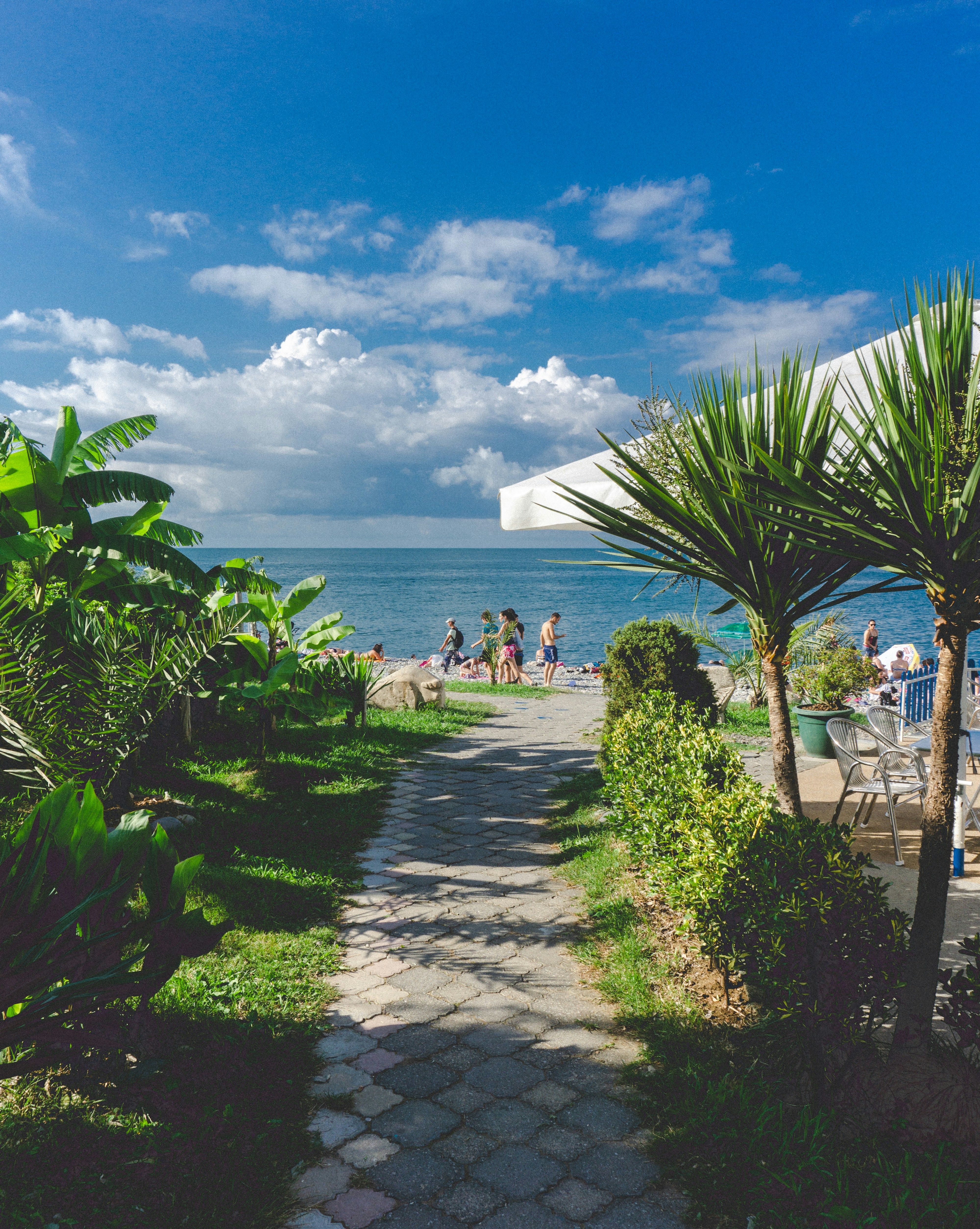Capital's Ancient Region Faces Demolition Risks for Development of Parks in Azerbaijan
A contentious issue surrounds the demolition of historically significant buildings in Baku, Azerbaijan's capital, with local preservationists disputing the legality and cultural impact of these actions.
Residents and activists argue that ongoing urban renewal projects in central Baku are not aligned with the city's master development plan, making them illegitimate. According to the new master plan, certain areas of central Baku, totaling 425 hectares, have been designated as a special protection zone. Any construction or restoration work in these zones requires a thorough review process.
Local architect Dilgam Ismayilov expressed his concerns in a social media post, stating that such work in these protected zones is currently prohibited. A case in point is Telife Zeynalova, who owns three houses on the Rostropovich-named street, one of which is close to the museum where renowned musicians Leopold and Mstislav Rostropovich resided in the late 1920s. In late December, Zeynalova found her house near the museum destroyed, consisting of shattered walls, broken beams, and debris.
The outcry from Ismayilov and others has led to the halt of demolition work at least once. On January 19, Ismayilov shared a video of a home near the Rostropovich museum being gutted. The State Committee for Urban Planning and Architecture responded to the post, stating that the work at this site had ceased. They did not identify who had gutted the structure's interior.
Neighborhood residents have reported that demolition work in the area began in November. At least four buildings surrounding the museum appear half-demolished, with residents receiving a compensation offer of approximately USD $1,765 per square meter. Zeynalova, however, stated that her property had a higher market value, but she had little recourse.
In the past, urban renewal efforts in Baku have received widespread criticism for razing old structures to make way for high-rises and new construction projects like Crystal Palace, which hosted the Eurovision song contest in 2012, and the Victory Museum.
Controversial demolitions have drawn media attention, albeit mainly focused on compensation for displaced residents. The preservationist angle of the issue has gone largely overlooked in reporting.
Authorities maintain that many of the demolished or targeted structures are in dismal condition. In defending the projects, architects and urban planners are evoking the spirit of Jane Jacobs, a pioneer of historic preservation, in advocating for the preservation of early 20th-century Baku architectural gems.
However, local architect Abdul Huseynov suggests that other historically significant buildings in the Sovietskaya neighborhood are under threat. He mentioned that preserving traditional neighborhoods, rather than just specific buildings, is crucial. An inventory process is currently underway in Sovietskaya, with plans to eventually replace torn-down structures with a park.
Concerns about demolitions have been ongoing since August, when the first signs of inventorying appeared in the form of spray-painted numbers on buildings marked for clearance. The definition of what structures can be considered historically significant is central to these discussions. "Will the Rostropovich museum be the sole attraction in an empty park?" Ismayilov questioned, implying that such an arrangement would misrepresent history. "After all, Rostropovich did not grow up in a single spot, he grew up in the whole neighborhood."
[1] "Azerbaijan: Forced Evictions in Baku Amount to Inhuman Treatment", Human Rights Watch, 10 June 2021, https://www.hrw.org/news/2021/06/10/azerbaijan-forced-evictions-baku-amount-inhuman-treatment
[2] "Historic buildings in Azerbaijan's Baku under threat from heritage destruction", Preservation Foundation, 16 August 2021, https://preservationfoundation.org/archives/21911
[3] "The Voice of America's Azerbaijani Service Report", Voice of America, 21 December 2021, https://www.voanews.com/a/the-voice-of-americas-azerbaijani-service-report/6348001.html
[4] "Baku to be Europe's next Nightlife Capital", The Baku Post, 25 January 2019, https://www.thebakupost.com/baku-to-be-europes-next-nightlife-capital/
Note: Sources have been provided for further reference, but minimal in-text citation has been maintained for readability purposes.
- The ongoing debate about the demolition of historically significant buildings in Baku, Azerbaijan's capital, is not just about their physical destruction, but also the loss of culture and history that these structures represent.
- The illegitimate urban renewal projects in central Baku, which include demolition of protected buildings, are not only a concern for local preservationists, but also education-and-self-development advocates, who see these actions as a missed opportunity for learning from the past.
- As the discussion on preserving historical buildings in Baku continues, politics also play a role, with some suggesting that these demolitions are part of a broader effort to open up the city for sports tourism and other general-news related events, such as hosting the Eurovision song contest.





